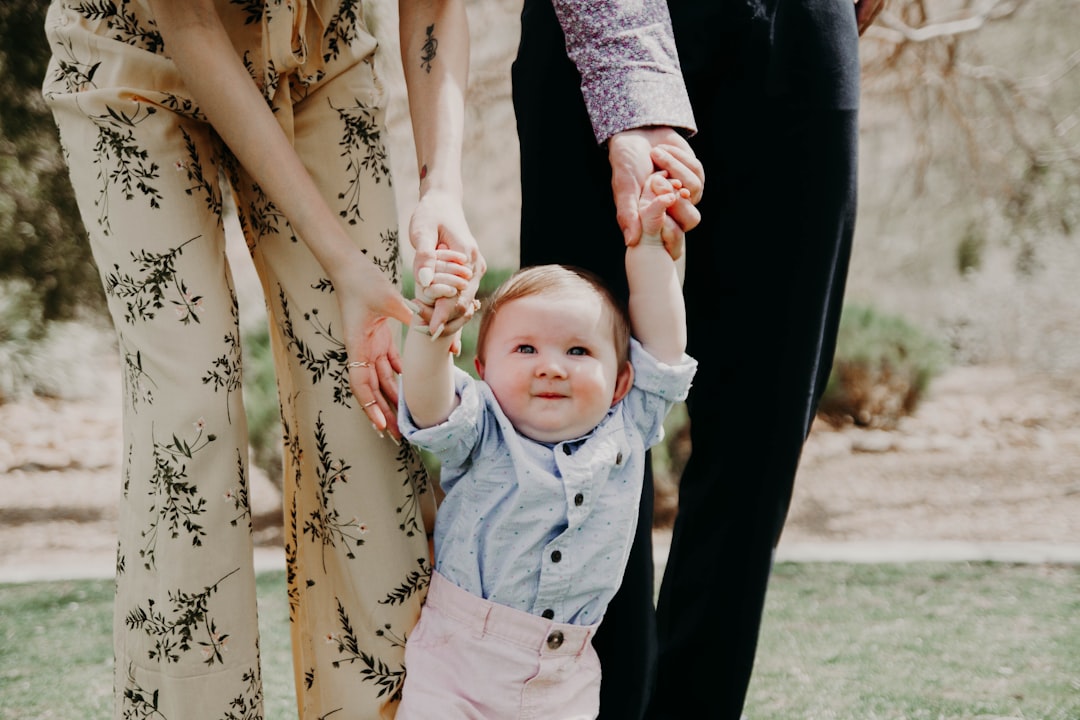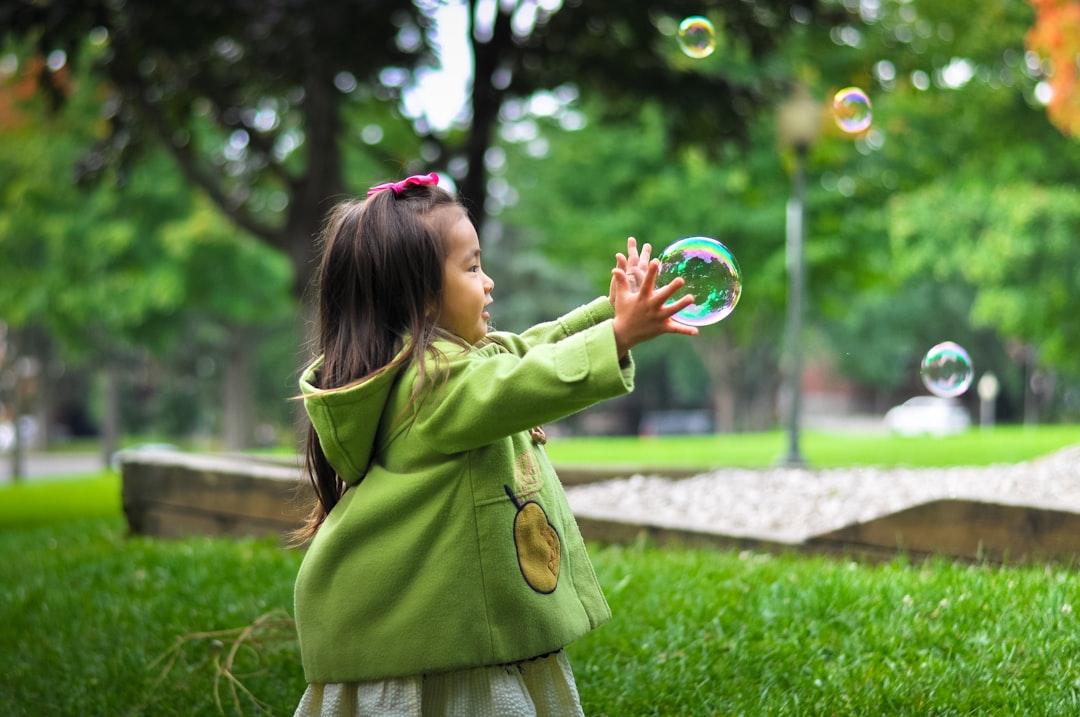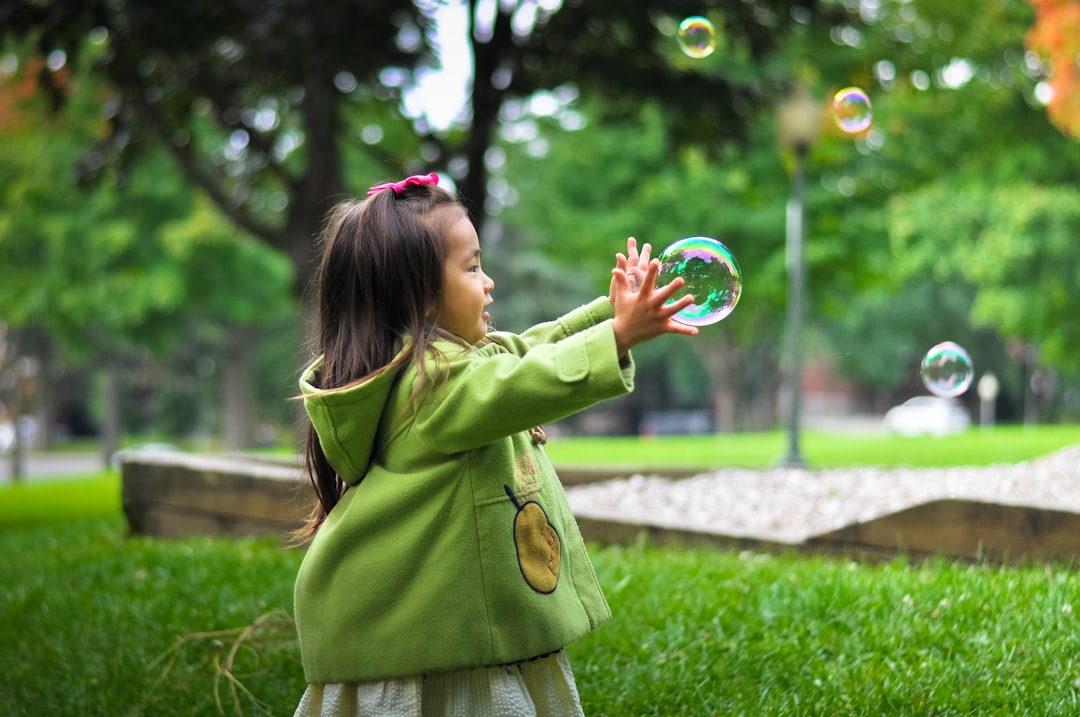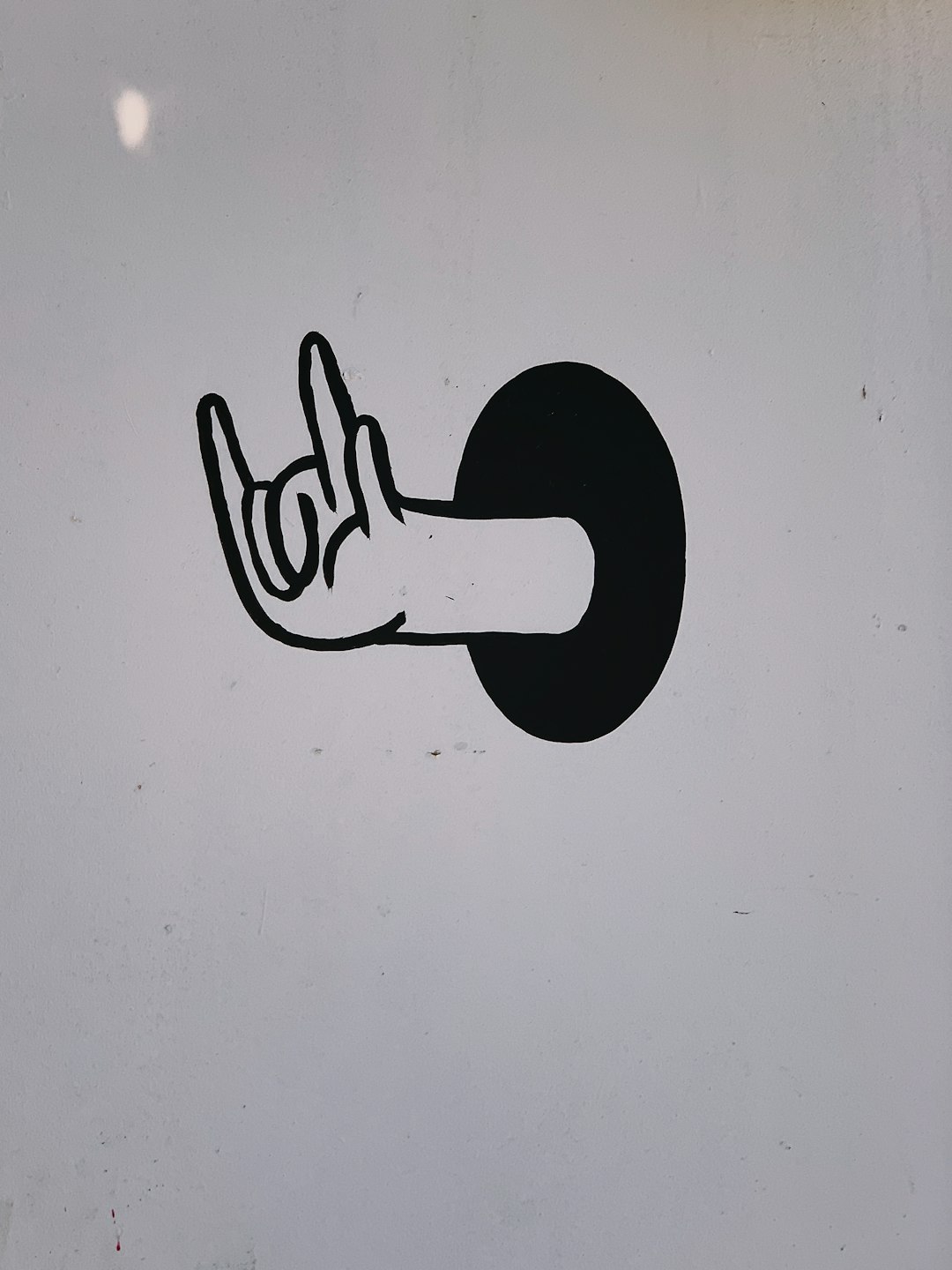Understanding North Miami's diverse cultural landscape is essential for child welfare professionals and legal representatives. Language barriers and cultural differences significantly impact child abuse cases, affecting communication, trust, and outcomes. Child abuse lawyers in Miami, FL, must collaborate with translation services and be culturally competent to navigate these complexities. They face challenges in interpreting traditions, family values, and religious beliefs that may influence how abuse is reported or perceived. By recognizing and respecting cultural nuances, these professionals ensure justice, protect vulnerable children, and foster a safer environment for all. Key SEO keywords: child abuse lawyer Miami FL, child abuse attorney Miami FL, child abuse law firm Miami FL, child sexual assault lawyers Miami FL.
In North Miami, cultural differences significantly impact child welfare cases, presenting unique challenges for legal professionals. This article explores the intricate dynamics at play, from language barriers and their effect on reporting to the influence of diverse religious and family values on investigations. We delve into the legal implications, highlighting the importance of navigating cultural norms in court. Additionally, we offer strategies for advocates representing children across various cultural backgrounds, emphasizing the role of Miami’s child abuse lawyers and firms in ensuring justice and support for vulnerable youth.
Understanding Cultural Dynamics in North Miami Child Welfare Cases
Understanding Cultural Dynamics in North Miami Child Welfare Cases is paramount when considering the impact of cultural differences on the interpretation and response to child abuse and neglect. North Miami, with its diverse population, presents a unique set of challenges for child welfare professionals. The city’s rich tapestry of cultures brings both strengths and complexities that can significantly influence family dynamics and interactions with the legal system.
Child abuse lawyers, attorneys, and law firms in Miami FL play a crucial role in navigating these cultural nuances. They must possess an intimate knowledge of local customs, traditions, and community structures to ensure effective representation for families involved in child welfare cases. By recognizing and respecting cultural differences, legal professionals can foster trust, improve communication, and ultimately enhance the outcomes for children and their families. This understanding is essential when addressing issues such as child sexual assault, where cultural context can shape perceptions of victimhood and accountability.
The Role of Language Barriers and Translation Services
Language barriers pose significant challenges in North Miami child welfare cases, especially when dealing with non-English speaking families. Effective communication is crucial for ensuring the best interests of the child are served and for building trust between caseworkers, lawyers, and the community. Professional translation services play a vital role here, providing accurate interpretations that facilitate clear understanding during legal proceedings.
In cases involving alleged child abuse or sexual assault, these barriers can have severe implications. Accurate translation ensures that parents fully comprehend their rights, the nature of accusations, and available support systems, enabling them to make informed decisions. Child abuse lawyers in Miami, FL, often collaborate with translation services to offer legal representation tailored to the unique needs of non-English speaking clients. This collaborative approach is a game-changer, ensuring access to justice for all families affected by these sensitive issues, ultimately fostering a safer and more supportive environment for vulnerable children.
Religious and Family Values: Their Influence on Reporting and Investigations
In North Miami, cultural differences significantly shape the landscape of child welfare cases, particularly when it comes to religious and family values. These deeply held beliefs often influence how incidents of child abuse or neglect are perceived and reported. For instance, some cultures may have specific traditions or practices that, from an outsider’s perspective, could be misconstrued as abusive, while others might be reluctant to involve external authorities due to a strong sense of familial privacy and respect for community norms. This can create challenges for child abuse lawyers in Miami FL, as they navigate sensitive cases where cultural contexts must be carefully considered during investigations.
Family values play a crucial role in determining when and how child welfare agencies are alerted to potential issues. In some communities, open discussions about intimate family matters might be frowned upon, leading to delays in reporting known or suspected abuse. Conversely, religious beliefs can foster a sense of community responsibility, encouraging individuals to come forward with concerns. Understanding these nuances is essential for child abuse attorneys and law firms in Miami FL to effectively represent clients while ensuring the safety and well-being of affected children, especially when cultural barriers intersect with sensitive legal matters.
Legal Implications: Navigating Diverse Cultural Norms in Court
Navigating diverse cultural norms in court is a significant challenge for child welfare cases in North Miami. With a melting pot of backgrounds and traditions, understanding and respecting cultural differences are essential to ensuring justice. Child abuse lawyers and attorneys in Miami, FL, must be adept at interpreting and accommodating various customs and beliefs when representing clients from diverse ethnic and cultural backgrounds. This involves recognizing that what may be considered acceptable behavior in one culture could be perceived as abusive or harmful under different societal standards.
Child abuse law firms in Miami, FL, play a crucial role in advocating for victims while being sensitive to these nuances. They must be well-versed in the local laws and regulations governing child protection but also possess cultural competency skills. This enables them to provide legal counsel tailored to each client’s unique circumstances, ensuring their rights are protected without perpetuating stereotypes or biases. By bridging the gap between legal systems and cultural traditions, these professionals can effectively represent victims of child abuse and sexual assault, fostering a safer environment for all children in Miami.
Strategies for Effective Advocacy: Representing Children Across Cultures
Navigating cultural differences is paramount when representing children involved in welfare cases in North Miami. A child abuse lawyer or attorney in Miami, FL, from a reputable child abuse law firm must possess cross-cultural competency to ensure effective advocacy. This includes understanding and respecting diverse family structures, communication styles, and cultural norms that may influence the way a child expresses abuse or seeks help. For instance, some cultures may emphasize collective decision-making, where parents might be more involved in legal processes, while others prioritize individual agency.
To bridge this gap, lawyers should employ inclusive practices like providing multilingual resources, ensuring interpreter services during hearings, and tailoring communication to each family’s background. Building rapport with clients, showing empathy, and respecting their cultural perspectives can foster trust and encourage open dialogue about sensitive topics like child abuse or sexual assault. By adapting their strategies, child abuse lawyers in Miami, FL, can better represent children across various cultural contexts, ultimately advocating for their well-being.






